Why We Hate Some People (And Shouldn't).
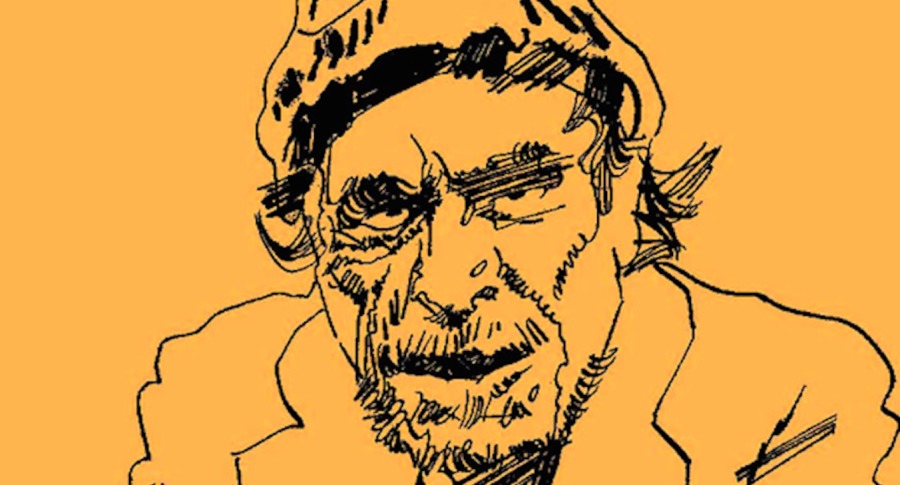
Charles Bukowski couldn’t stand William S. Burroughs. They shared some speaking engagements, even stayed in adjoining rooms at one motel. Bukowski remembered going to the ice machine, and noticing Burroughs sitting at his window. Bukowski didn’t wave or even give Burroughs his signature wink. “The man was sitting there like a ghost,” Bukowski later wrote. “I didn’t want any part of that guy. He gave me the creeps.”
Here you had two writers with similar histories: drug abuse, alcohol abuse, wife abuse, cult success, yet they hated each other. I asked a psychiatrist friend about this and he called it “mirroring,” meaning we hate in other people what we consciously or subconsciously see in ourselves.
At one time, Jack Kerouac and Henry Miller were both living in Big Sur. A mutual friend, beat poet, Lawrence Ferlinghetti, introduced them (Kerouac was staying in Ferlinghetti’s cabin, Miller was further down the coast). Both authors at the time were enjoying recognition after years of being largely ignored, yet hardly two words were exchanged.
Kerouac finally got up and walked out.
In Hollywood, the battles between Joan Crawford and Bette Davis were legendary. They came up through the same system, fought it, achieved similar success, yet Robert Aldrich, their director on “What Ever Happened to Baby Jane?”, claimed they drove him crazy with their bickering and upstaging. As much as it made life hell on the set, the film received five Academy Award nominations, and returned two fading actors to international acclaim. The actresses never reconciled.
After many months of trying to coordinate schedules, a meeting was arranged between Elvis Presley and The Beatles. Both admired each other’s work. One of Elvis’s people even said Elvis was interested in recording “Yesterday” (he performed it in his Las Vegas act along with “Hey Jude” and later recorded both songs). When the day finally arrived, The Beatles were escorted into Elvis’s living room (he had a mansion on Mulholland Drive, Los Angeles, at the time). After five minutes of silence, Elvis said, “If you damn guys are gonna sit here and stare at me all night, I’m going to bed.”
Lennon finally asked Elvis why he was doing so many “soft” songs. “What’s wrong with good old rock ’n’ roll?” he said. That seemed to loosen things up a bit. They played some songs together, but it was clear Elvis, usually known for his politeness, wasn’t enamored with The Beatles themselves.
If “mirroring” is the problem, is this a case of ego or insecurity? If it’s ego, then it’s understandable in artists. Nobody likes to think their ego is inflamed or inflated, so seeing it in others with similar success could be unsettling.
Still, what about the rest of us? We’re not on the charts or the best seller lists. We’re not dealing with the same kind of inflamed or inflated egos as Elvis or The Beatles. So what makes us hate people we see as similar to ourselves?
“Something just rubs us the wrong way,” my psychiatrist friend explained. “Maybe it’s more apparent with stars. It’s like looking in the mirror one day and deciding you hate your face. You can’t explain why, but it doesn’t change the way you feel. If someone reminds you of yourself, they’re reminding you of that face you hate. Just as you don’t want to look in the mirror anymore, you don’t want to look at them anymore.”
My sister and father never got along. They were both irritable, explosive and given to saying things intended to be hurtful and shocking. One Christmas, my parents picked my sister up at the subway station. She was barely in the car when an argument broke out between her and my father. She got out again and went home. They didn’t speak for five years, and my sister refused to attend any family functions.
So what happens when we hate people because of “mirroring”? In my sister’s case, family and friends were forced to choose. Did they want my sister at their functions or my father? Since my father was elderly and alone, they chose my father. After his death, family members tried reaching out to my sister, but she still bore the same hatred, continually talking about all the injustices she’d suffered. But those injustices were equally distributed between the two. After my father’s passing, the family wondered why the hatred continued.
It continued because my father’s death removed the “mirror” but not the hatred my sister felt for herself. When we hate, it’s far more visual than we think. We expect people to understand, to sympathize. What we don’t expect is the reaction most of us have. We move away, we disassociate. As the song goes: When you’re smiling, the whole world smiles with you. When you’re cryin’, you bring on the rain, so stop sighin’, be happy again.”
In a nutshell, that’s the problem with “mirroring” and hating people. It’s really us hating ourselves. Whether it’s ego or insecurity isn’t the point. The point is that it continues to hurt us.
A very old Holocaust survivor was once asked, “Do you still hate the Nazis?” His answer was definite. “No,” he said. “To hate them would allow them to still hurt me.” This man had come to peace with himself, and with it, he was able to put the pain of those years behind him.
If we go back to Bukowski for a minute. Through his writings, he made no secret of his own self-loathing, even attributing it to his many years of alcohol abuse. Burroughs essentially arrived at the same thing in “Junkie” (more drugs than alcohol). It could be said that their admissions showed a healing process, but they both went to their graves with unresolved issues. They hated up till the end and, like Hemingway, drove many friends away.
By ignoring Burroughs at the motel that day, Bukowski was trying to avoid looking at himself. We can dismiss people, but are we dismissing something in us at the same time? Are we afraid of giving ourselves “the creeps”?
Raymond Carver told a story once, this concerned John Gardner who taught him at one point. Carver asked a publisher friend if he could set up a dinner with Gardner. “I wanted to tell John how much he helped me,” Carver explained. The dinner was arranged, but every time Carver tried to talk to Gardner, his mentor moved away. Clearly, Gardner didn’t want to talk or even be in the same room with Carver. Yet the men had never argued.
Gardner eventually explained what happened. He confessed he never liked Carver’s writing. When Carver achieved international fame, Gardner realized why. They were both similar — in some ways the same — but Carver opened himself up in his stories while Gardner hid behind his academia. People respected Gardner but loved Carver. It’s like twins, one being loveable, the other distant and unloved. Gardner was the unloved twin.
That’s the real problem with “mirrored” hatred. What happens if the mirror image of yourself changes, and you don’t?
When Tommy Smothers used to say to Dick, “Mom always liked you better,” it reminded us all of sibling rivalry (though they weren’t sibling twins, being born two years apart). Do we hate the “mirror” when one is loved more than the other? And isn’t it really our frustration that we haven’t found peace like that Holocaust survivor, realizing that hatred — if we let it — will continue to hurt us?
The question is, will we continue to let it? Will those mirrors — and there will always be mirrors — allow hatred to remain? Obviously, we can’t remove all the mirrors. What we can do is examine ourselves. If we don’t like what we see in others, we should look at ourselves first. If that gives us “the creeps,” maybe it’s time to stop being Tommy Smothers (actually, he’s a great guy) — or my sister, and do something about it.
At least you’ll get invited to family functions again.
Robert Cormack is a freelance copywriter, novelist, journalist and blogger. His first novel “You Can Lead a Horse to Water (But You Can’t Make It Scuba Dive)” is available online and at most major bookstores. Check out Yucca Publishing or Skyhorse Press for more details.
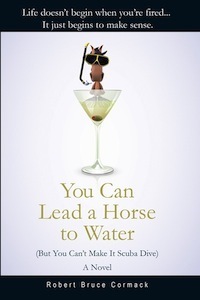
""
Articles from Robert Cormack
View blog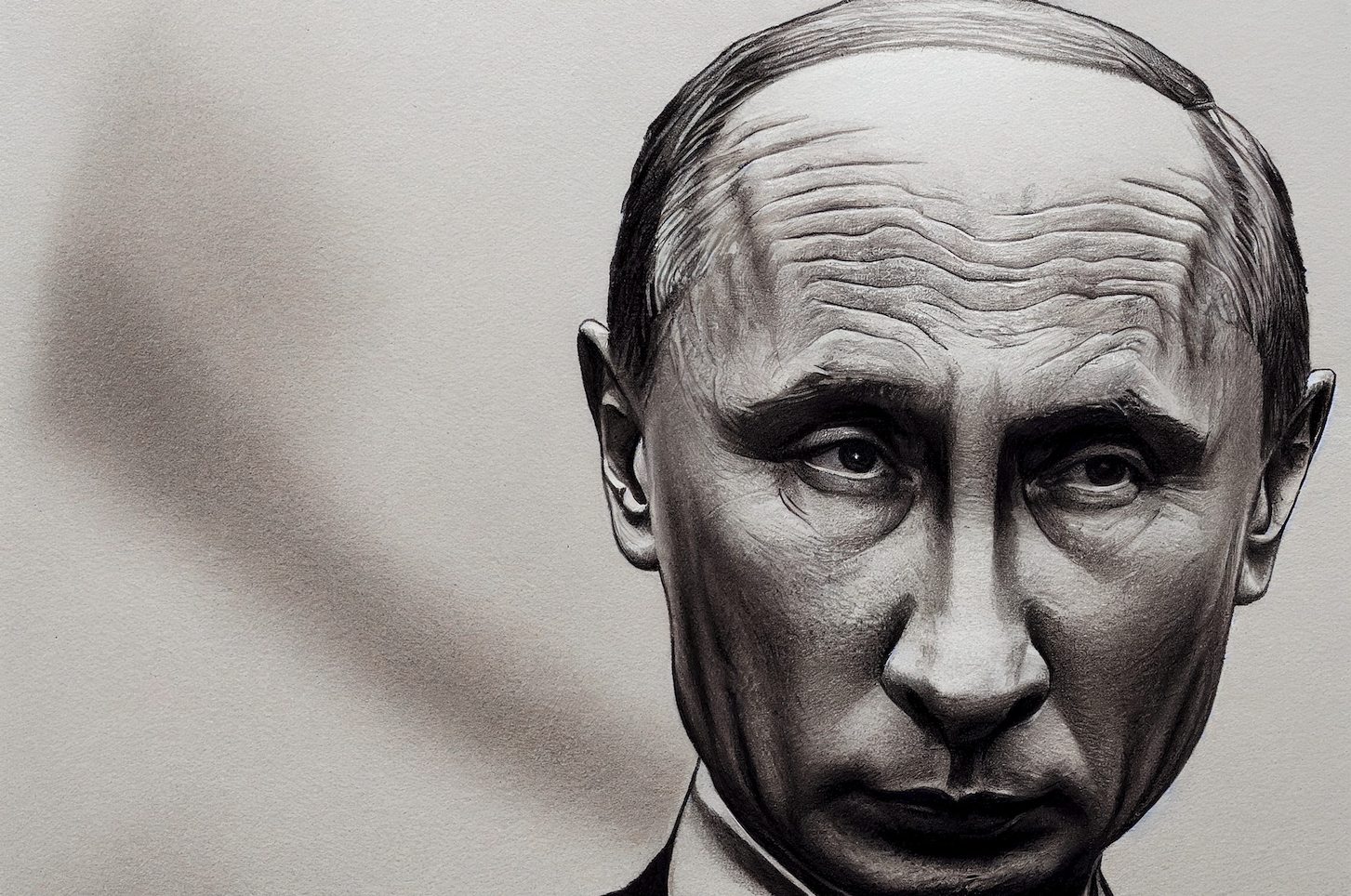
Is “Succession” explaining Russia's leader better than the media? · “In modern war, you will die lik ...
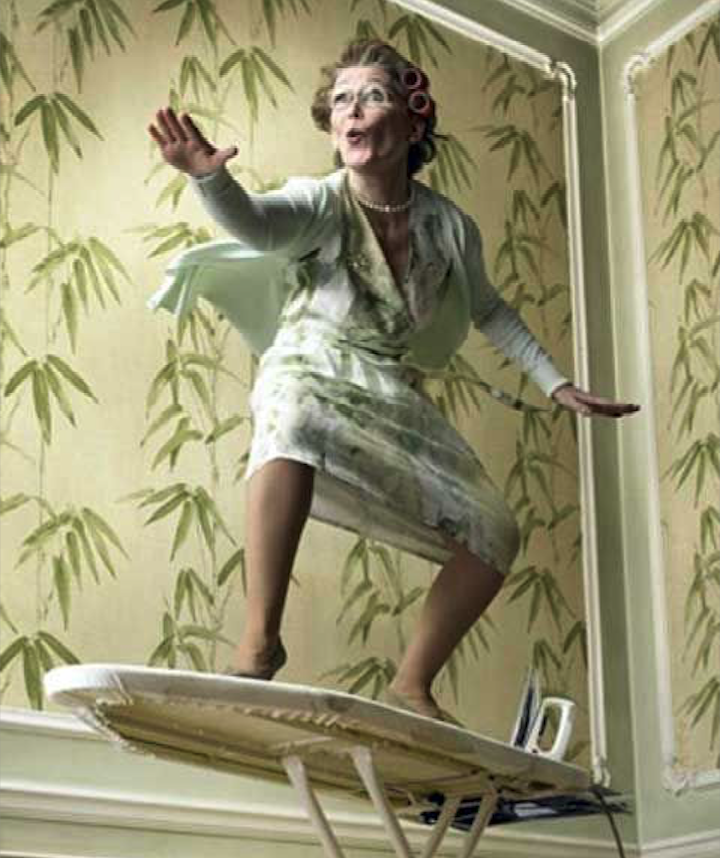
Has the world gone crazy, or are we having daddy issues? · “The end move in politics is always to pi ...
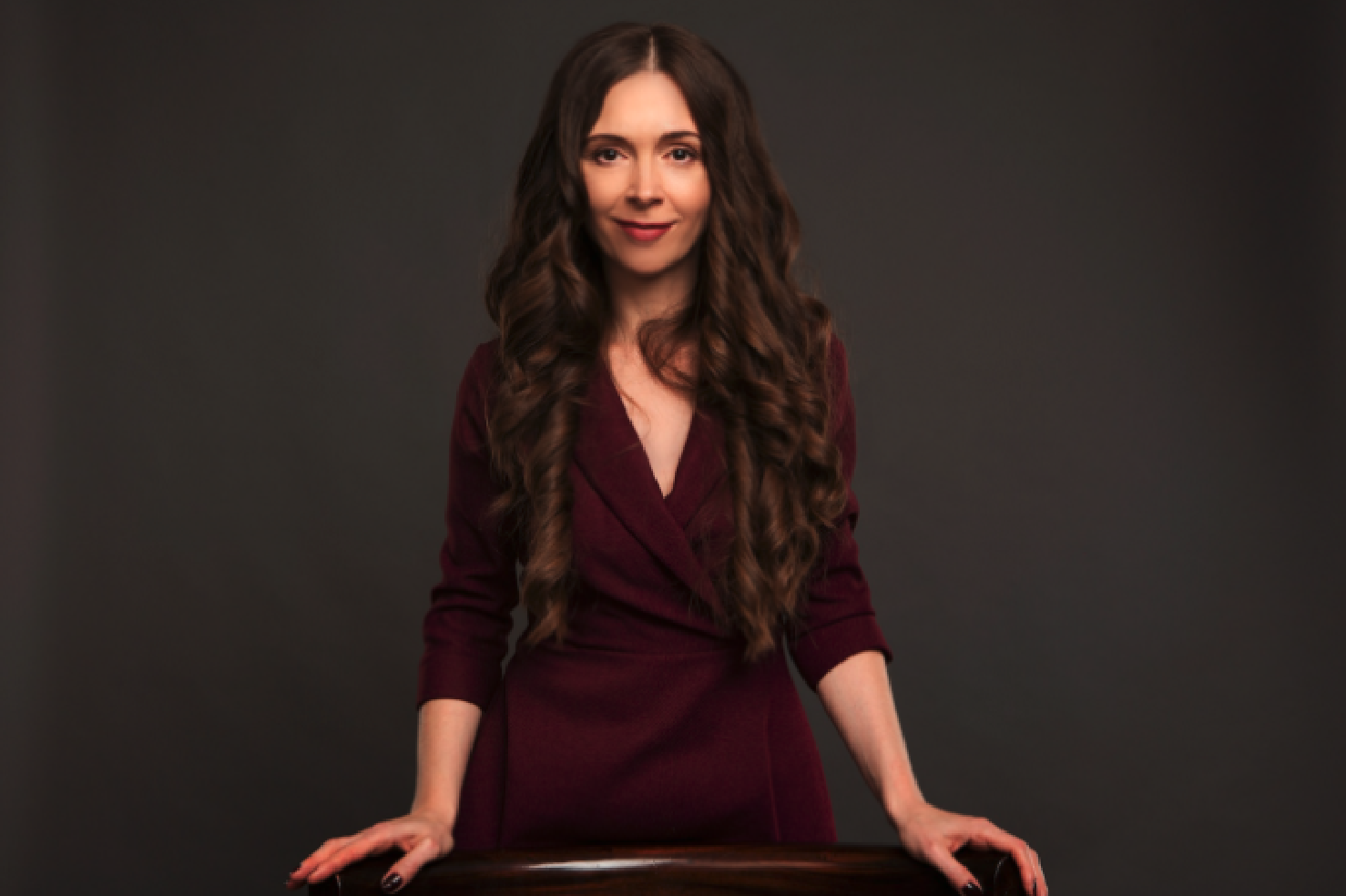
Without selling yourself short. · “We marry, have kids, do our jobs, provide food, education. Job do ...
Related professionals
You may be interested in these jobs
-
food processing quality control technician
Found in: Talent CA 2 C2 - 2 days ago
Buns Master Bakery Langley, CanadaEducation: College/CEGEP · Experience: 1 year to less than 2 years · Tasks · Compile records for analytical studies · Assist in developing programs of sampling and analysis to maintain quality standards · Assist in development of standards, health and safety measures · Compile r ...
-
BK Shift Manager #12848
Found in: Talent CA C2 - 1 week ago
Sadiq Holdings Inc./Burger King Calgary, Canada Full timeWe are currently hiring "Shift Managers" and there are multiple positions [5] available for this location. · A minimum of 1 to 2 years of experience is required with a Fast-Food Restaurant. · Please apply in confidence with a copy of Resume. · Responsibilities include: · SUPERVI ...
-
welder
Found in: Talent CA 2 C2 - 2 days ago
S. P.S Truck Repairs Ltd Surrey, CanadaEducation: · Expérience: · Education · Secondary (high) school graduation certificate · Tasks · Interpret welding process specifications · Operate manual or semi-automatic, fully automated welding equipment · Read and interpret welding blueprints, drawings specifications, manua ...



Comments
Robert Cormack
7 years ago #9
Robert Cormack
7 years ago #8
Robert Cormack
7 years ago #7
Phil Friedman
7 years ago #6
Robert Cormack
7 years ago #5
Thanks, Ian. I try to be comprehensive wherever possible.
Robert Cormack
7 years ago #4
Last thing I want to do is shit on someone's cloud (you know what falls after that).
Robert Cormack
7 years ago #3
Ian Weinberg
7 years ago #2
Kevin Pashuk
7 years ago #1